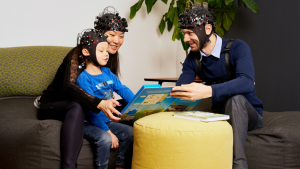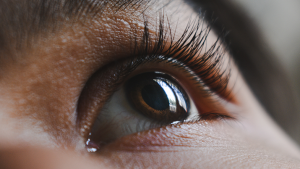UBC Psychology faculty receive NSERC funding to advance their research
NSERC funded projects include exploring the sexual response in men and women and of the role of long-term experience in visual number sense.
UBC Psychology faculty receive SSHRC funding to advance their research
The SSHRC investment will fund research on the building of collaborative networks in infant behavioural research, understanding the intrapersonal expression of perfection, and how people cope.
A new study aims to understand how teacher behaviours affect their students’ friendships
Join the Children’s Interpretation of Teacher Behaviours Study
New research: How to talk to people about climate change
“Climate change is a problem of collective behaviours so to address it you have to address behaviours first,” says Dr. Jiaying Zhao.
New study finds high life satisfaction linked to better overall health
New research by Dr. Eric Kim finds that higher life satisfaction is associated with better physical, psychological and behavioural health.
Dr. Liisa Galea receives funding to advance science communication for women’s health
Congratulations to Dr. Galea, who received support from the Michael Smith Foundation for Health Research’s 2020 Reach Competition.
Nature versus urban: What we look at impacts how we think and walk
Dr. Todd Handy and collaborators studied the moment-to-moment impact of environment type on cognitive processing using gait or walking dynamics as measures.
Interdisciplinary team to study how literacy is changing in a digital, multicultural, and covid-hit, world
The literacy landscape is changing: Canadians are increasingly reading in a digital format, and speak a language or are from a culture not represented in commonly available reading materials.
New research: Beauty is in the eye(lash) of the beholder
Q&A with Postdoctoral Fellow Farid Pazhoohi about the effect of eyelash length on attractiveness.
Mental health conditions alarmingly high among children with autism
New research by Dr. Connor Kerns shows nearly 78 per cent of children with autism have at least one mental health condition and nearly half have two mental health conditions or more.









